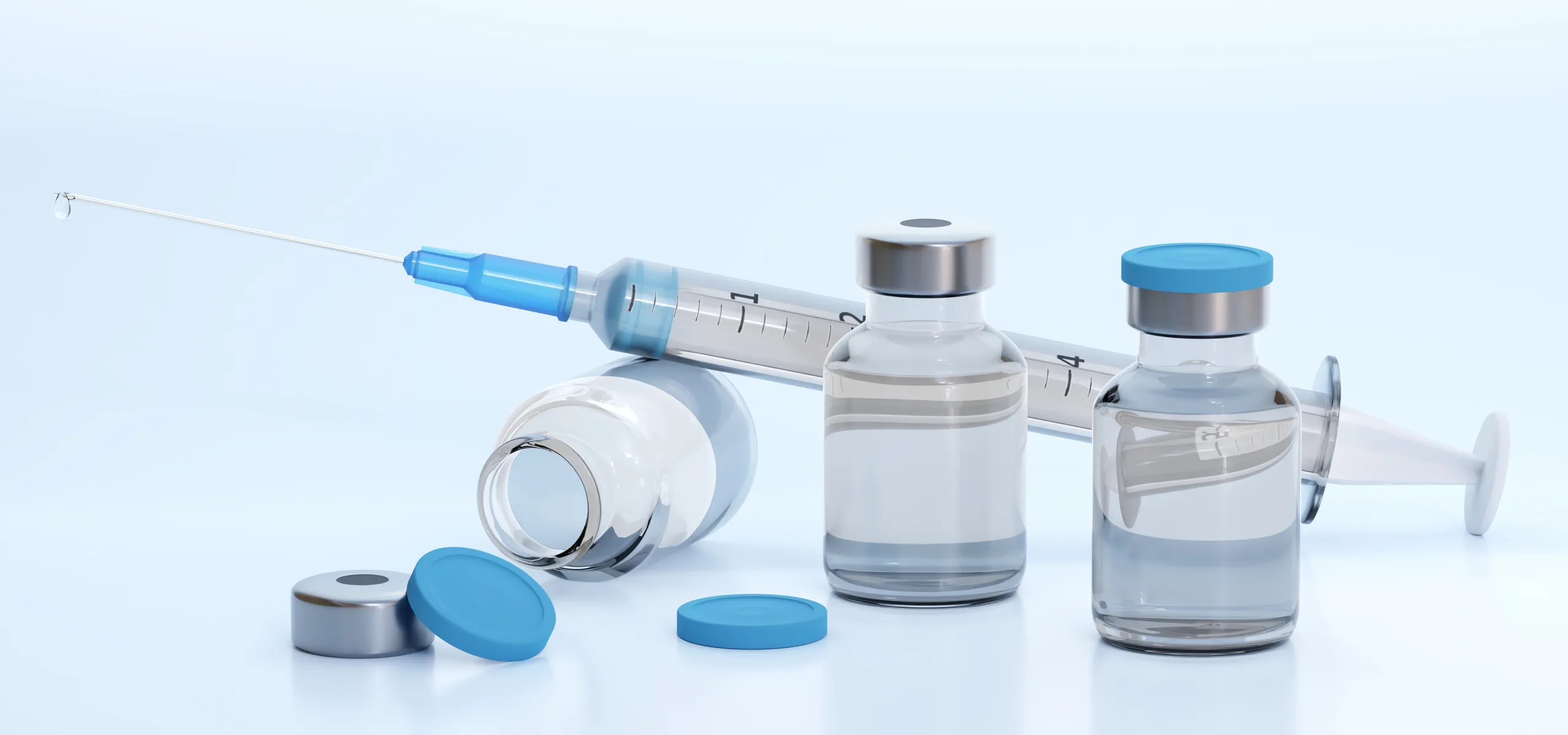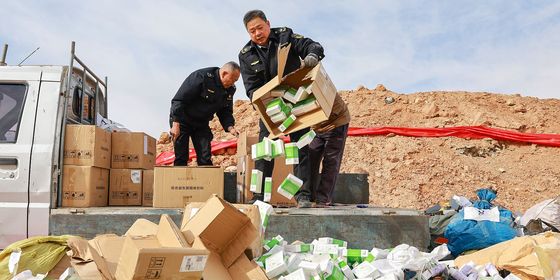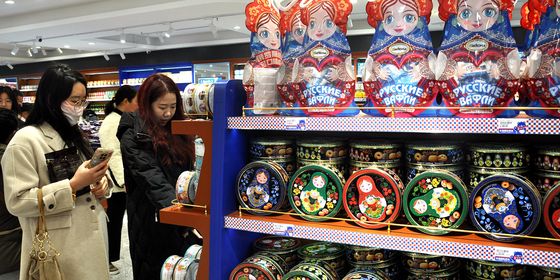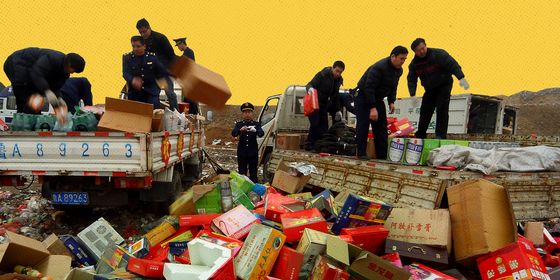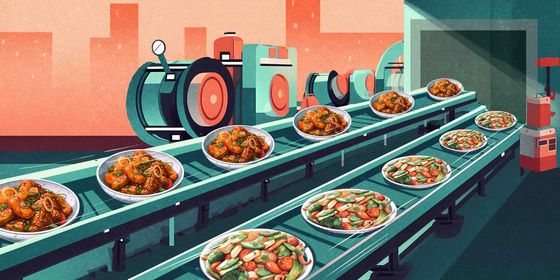Fresh scandal throws up China’s murky history of vaccine safety and standards
Another week, another scandal about safety standards in the national supply chain, promising at least a week of hand-wringing (before everyone moves on, and the cycle begins again). It’s almost enough to make one despair.
Over the weekend, Jilin-based Changchun Changsheng Bio-tech (which translates, rather grimly, as “long life”) was exposed after an eight-month investigation by the local Food and Drug Administration (FDA) for selling hundred of thousands of “substandard” DPT vaccines against diphtheria, whooping cough, and tetanus to Shandong province; Changsheng also forged data for 113,000 rabies vaccines. The scandal emerged after an unannounced inspection, and has provoked panic and fury, especially among parents.
“Vaccines directly concern the health of children and are related to life,” fumed the Global Times. For now, the vaccines are reported to be merely ineffective, rather than harmful—however, there has been no comment from the National Health Commission about low-quality vaccines could affect the health of children, and there is much skepticism about the credibility of the state-run system of compulsory vaccination.
In 2013, a journalist at Southern Metropolis News unveiled a saga of vaccination scandals in which children fell gravely ill after being administered improper vaccines. In 2016, Shandong police discovered a 90-million-USD illegal vaccine sales ring; two million compromised vaccines that were improperly stored improperly entered the market in March 2016 and 200 were detained.
In November 2017, the FDA accused the Wuhan Institute of Biological Products of selling over 400,000 substandard DPT vaccines to authorities in Chongqing and Hebei. Last week, Zhejiang Huaihai Pharmaceutical recalled a heart medication after the European Medicines Agency revealed carcinogenic impurities. Meanwhile, whistleblowers in previous scandals have been jailed, while those who oversaw the scandal-ridden departments were promoted.
Currently, the full extent of the scandal and its ramifications is unknown—but will it remain that way? Both President Xi Jinping and Premier Li Keqiang have called for a full investigation into the vaccine industry, as Changsheng’s Shenzhen-listed shares tumbled today by the maximum 10-percent daily limit for the second day running, and authorities vowed to hold the violators behind these egregious acts responsible (so far, the punishment has been lax: a series of fairly mild fines for both selling low-quality vaccines to infants and fabricating the production and inspection data on the rabies vaccine).
The scandal has dealt another huge blow to the domestic medical industry, especially the 30 billion RMB (4.4 billion USD) vaccine market, and sent families once more scurrying for safe harbor to foreign manufacturers for their health products, especially those aimed at children. Although families are required by law to vaccinate children, many parents are vowing to choose only foreign vaccines, with few keen to accept offers of a second jab (some fear that the scandal will even encourage an anti-vaccine lobby, which China Daily warned “could become a public health crisis should it not be handled in a reasonable and transparent manner”)—although The New York Times also noted that “greater regulation of China’s drug industry would be likely to hurt profits.”
The saga is reminiscent of the infamous melamine affair of 2008, in which several infants were killed and a few thousand other children affected by tainted milk. China, the world’s second-largest pharmaceutical market, has continually changed regulations to improve the safety and innovation of its domestic drugs market—but the public still shows little sign of trusting mainland companies and regulators. The variety of vaccine scandals (take your pick) amply demonstrate why this continues to be the case.
UPDATE, July 24, 1:11 p.m.: Changsheng’s CEO, along with three senior and two mid-level executives, were detained yesterday at 3pm for criminal investigation, according to a company announcement





